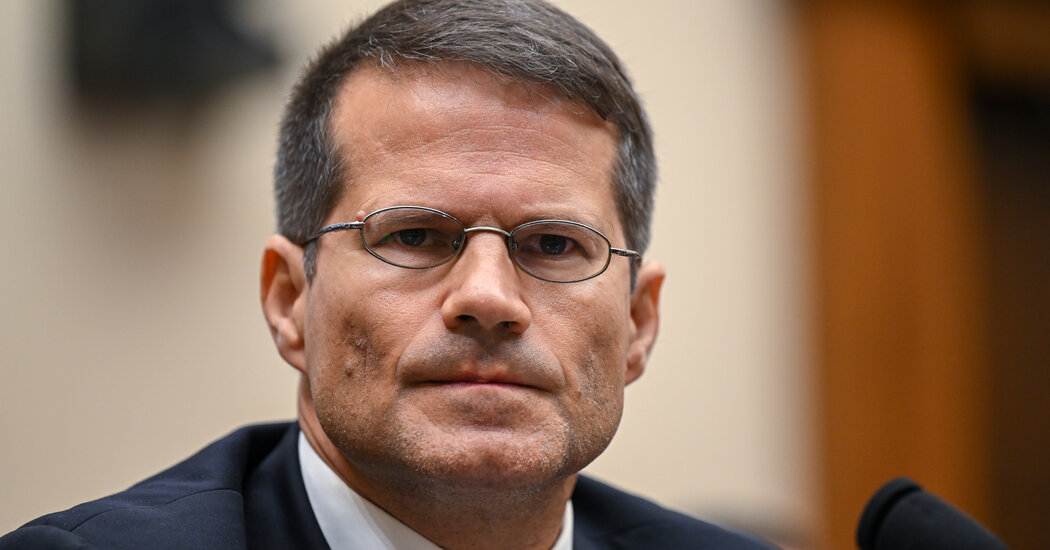Copyright The New York Times

In April 2024, D. John Sauer stood before the Supreme Court’s mahogany bench to argue for sweeping presidential immunity from prosecution on behalf of his client, Donald J. Trump, at the time a private citizen. Mr. Sauer, a Missouri lawyer in private practice, laid out an expansive vision of presidential power, arguing that Mr. Trump could not be charged for actions he took as president during his first term in office. A majority of the justices agreed with him, handing Mr. Trump a victory in a landmark decision. Now, as the Trump administration’s leading advocate before the justices, Mr. Sauer will offer a new broad view of presidential power as he defends Mr. Trump’s tariffs. In his role as solicitor general, Mr. Sauer occupies a top perch in the Justice Department. He leads a small office of lawyers — many of them former Supreme Court clerks — who shape and argue the cases that come before the court. The job, sometimes referred to as the “10th justice,” is seen as a role for the country’s top appellate lawyers. Before joining the Supreme Court, Justices William Howard Taft, Thurgood Marshall and Elena Kagan each held the job. Although most of his career has been outside Washington, Mr. Sauer shares the academic credentials of many of his predecessors. A former Rhodes scholar and clerk for Justice Antonin Scalia, Mr. Sauer served as the solicitor general for his home state, Missouri, and worked in private practice. He built a reputation in the state as a particularly assertive litigator who defended conservative causes, pushing back against same-sex marriage, contraception access and transgender athletes in girls’ and women’s sports. As solicitor general, Mr. Sauer has won a series of cases defending Trump administration policies before the Supreme Court, including a 6-to-3 ruling that sharply limited the ability of federal trial judges to issue nationwide blocks on administration policies. Before that ruling, such pauses — called nationwide injunctions — had been the primary tool opponents used to challenge Mr. Trump’s agenda.



